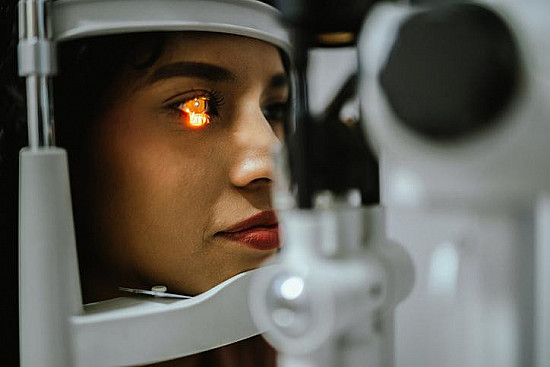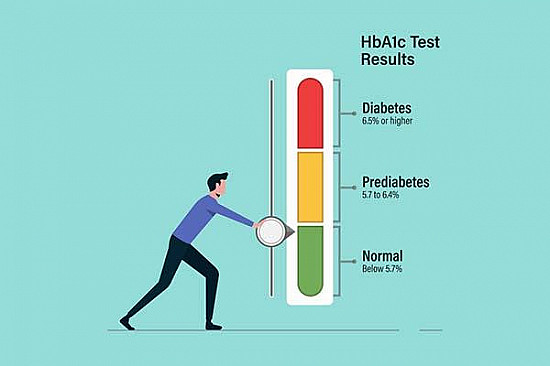
What are somatic workouts?

How to curb your stress eating

How to spot Parkinson’s disease symptoms

8 simple ways to reduce ultra-processed foods in your diet

Heart failure symptoms in women: How they’re different

GERD diet: Foods to avoid to reduce acid reflux

Strong is the new skinny

Everyday habits that sneakily weaken your bones

Don’t wait to get help for back pain

Correcting how you walk may ease osteoarthritis knee pain
Antibiotic resistance and the dangers of superbugs
Harvard Healthcast DocTalk: Leaving the doctor without an antibiotic
The bacteria that cause disease are remarkably resilient and can develop ways to evade the drugs meant to kill or weaken them. This phenomenon is called antibiotic resistance and it is due largely to the growing, and often careless, use of antibiotics.
Today, bacterial infections in the United States and throughout the world are becoming resistant to the drugs we rely on to treat them. Antibiotic resistance has been called one of the world's most pressing public health problems. The smart use of antibiotics is the key to controlling the spread of antibiotic resistant bacteria and the rise of superbugs—bacteria that cause infections that are difficult if not impossible to treat.
In this podcast Dr. John Ross, assistant professor at Harvard Medical School, talks about how antibiotic resistance occurs, the dangers of superbugs, and what you can do to protect yourself. Dr. Ross is board certified in internal medicine and infectious diseases and is a practicing physician at Harvard affiliated Brigham and Women's Hospital.
Disclaimer:
As a service to our readers, Harvard Health Publishing provides access to our library of archived content. Please note the date of last review or update on all articles.
No content on this site, regardless of date, should ever be used as a substitute for direct medical advice from your doctor or other qualified clinician.

What are somatic workouts?

How to curb your stress eating

How to spot Parkinson’s disease symptoms

8 simple ways to reduce ultra-processed foods in your diet

Heart failure symptoms in women: How they’re different

GERD diet: Foods to avoid to reduce acid reflux

Strong is the new skinny

Everyday habits that sneakily weaken your bones

Don’t wait to get help for back pain

Correcting how you walk may ease osteoarthritis knee pain
Free Healthbeat Signup
Get the latest in health news delivered to your inbox!
Sign Up




